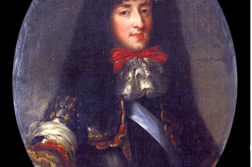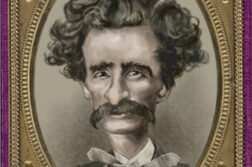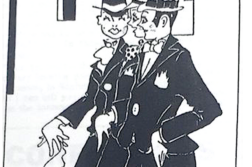THE “NATURE–NURTURE” DEBATE has always been more about politics than about science. Notwithstanding the appealing alliteration, the two terms of this opposition go back to an ancient debate between biology and social learning. When applied to the problem of the etiology of homosexuality, the debate as it’s carried on today easily morphs into a conflict between genes and “choice,” as one side in the debate wants for political reasons to repudiate the biological argument in favor of one that assigns free agency to the practicing homosexual. But this is a separate position from the social learning model, which argues that sexual orientation is determined by environmental factors but not individual choice. Thus there are essentially three positions in play: biological determinism, social learning, and a choice model.
Complicating this debate is the fact that “homosexuality” can mean three, quite separate things corresponding to three distinct phenomena: same-sex desire, which is an internal state of mind; homosexual behavior, an external manifestation of desire; and gay identity, a signifier of desire with both verbal and non-verbal elements. Of these components, homoerotic desire precedes the other two and, in fact, drives them. Any causal mechanism must first affect homoerotic desire. While the social environment constrains the behavioral expression of desire, it is also true that the available vocabulary and set of cultural concepts constrain possible identities associated with individual desire.
Sean McShee is a writer based in South Florida.





